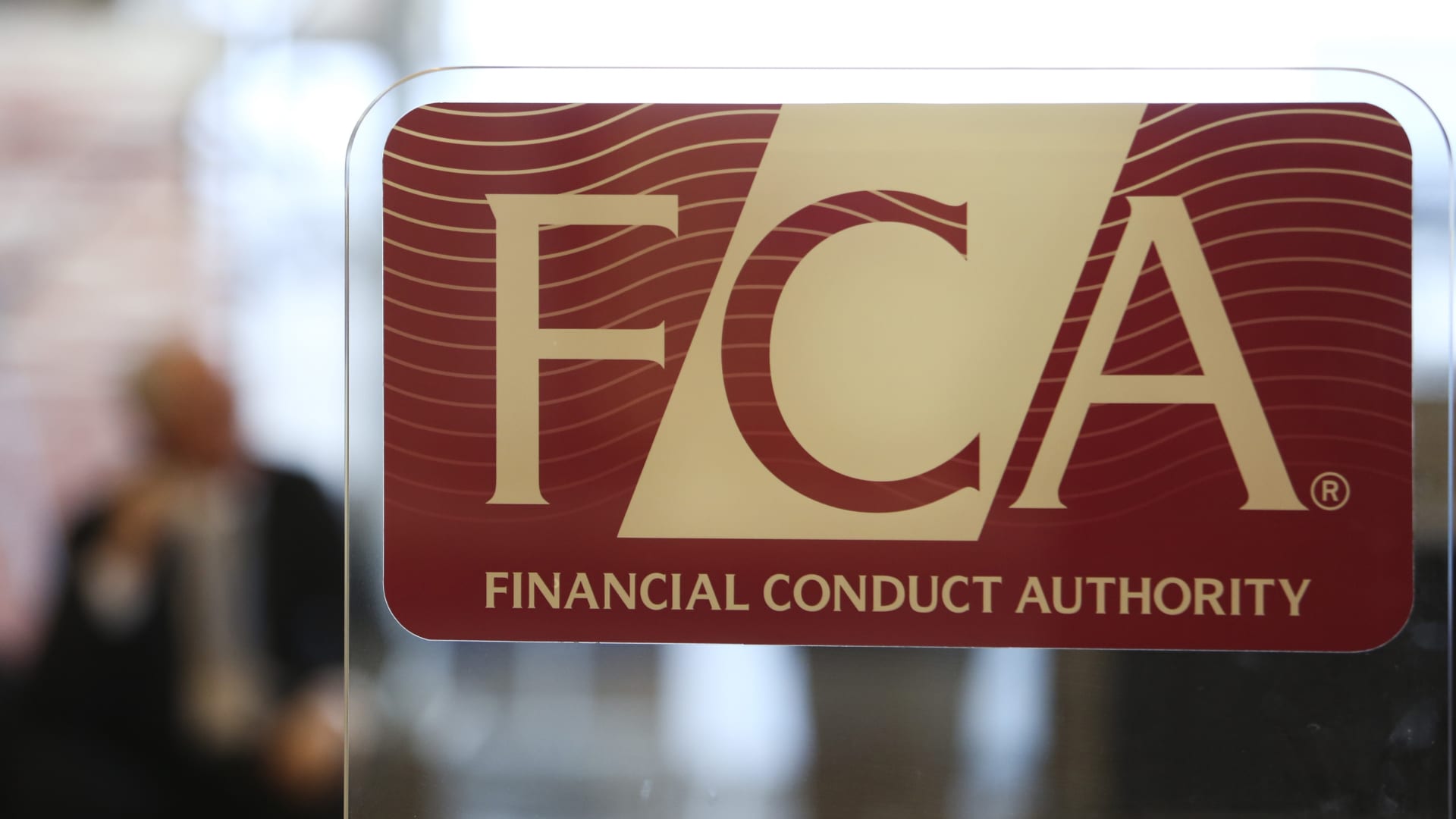UK Moves to Allow Tokenisation of Investment Funds
By
David Goldfarb
Last updated:
October 20, 2025
First Published:
October 20, 2025

Getty Images
The Dawn of a New Investment Era
The United Kingdom has taken a significant step toward reshaping how financial markets operate by approving the tokenisation of investment funds. This decision signals a deep transformation in how investors may soon buy, hold, and trade assets. By integrating blockchain technology into traditional fund structures, the UK aims to modernize its financial infrastructure and position itself as a leader in digital finance innovation.
What Tokenisation Really Means for Funds
Tokenisation refers to converting the ownership of a fund or asset into digital tokens recorded on a blockchain. Each token represents a portion of the underlying investment. This process not only makes transactions faster but also increases transparency and accessibility. Investors could potentially buy smaller units of high-value assets, breaking down barriers that once kept retail participants away from premium investment opportunities.
The Role of Blockchain in Financial Evolution
Blockchain serves as the backbone of this transformation. By providing a secure, immutable ledger, it allows investors and regulators to track fund movements in real time. This eliminates many of the inefficiencies associated with traditional financial intermediaries. With blockchain, fund transfers that once took days could now be executed within minutes. The technology ensures accuracy and traceability, reducing risks of fraud and error.
Regulators Embrace Digital Transformation
The Financial Conduct Authority has played a central role in steering this change. Rather than resist innovation, it has chosen to harness blockchain’s potential to modernize the industry. The move aligns with the UK government’s ambition to become a global hub for digital assets. The new approach demonstrates that regulation and innovation can coexist, encouraging other countries to reconsider their stance on tokenised investments.
Benefits for Investors and Fund Managers
Both investors and fund managers stand to gain from this transition. Investors enjoy increased liquidity, as digital tokens can be traded on secondary markets more easily than traditional fund shares. Meanwhile, fund managers benefit from lower administrative costs and streamlined compliance processes. Tokenisation can also open doors for new types of funds, such as those investing in renewable energy, art, or private equity, making diversification more accessible than ever before.
Challenges Ahead for Full Integration
Despite the excitement, tokenisation is not without obstacles. Legal and operational challenges must be carefully addressed to prevent market disruption. Questions remain about how to ensure investor protection, maintain privacy, and prevent misuse of data. There is also the issue of interoperability, as blockchain platforms vary in their standards and performance levels. Policymakers and industry leaders must collaborate to build trust and establish consistent frameworks.
Financial Inclusion Through Technology
One of the most promising aspects of tokenised funds is their potential to promote inclusion. By lowering entry thresholds, these digital structures make it possible for smaller investors to access markets that were previously reserved for institutions. This democratization of finance could reshape wealth distribution and encourage broader participation in capital markets. The shift aligns with global efforts to create fairer and more open financial systems.
Institutional Adoption on the Horizon
Major asset management firms have already shown interest in exploring tokenised investment models. They see this as a natural extension of their digital transformation strategies. The UK’s endorsement could accelerate global momentum, prompting financial hubs like Singapore, Hong Kong, and New York to follow. Institutional players believe tokenisation will reduce settlement risk and enhance efficiency, particularly in cross-border fund operations.
Long-Term Implications for the Market
In the long run, tokenisation could fundamentally redefine the structure of the asset management industry. Traditional paper-based systems may give way to fully digital ecosystems. This will demand new skill sets, technologies, and regulatory oversight models. It also opens the door for entirely new financial instruments to emerge, bridging the gap between traditional finance and decentralized systems.
The UK’s Strategic Leap into the Future
The decision to enable tokenised investment funds places the UK at the forefront of financial innovation. It sends a clear message that the country is ready to embrace the digital future of finance. While the transition will take time, the framework being built today could form the foundation for a more efficient, inclusive, and transparent financial landscape. The move may also inspire a global wave of modernization across the investment industry, positioning blockchain as a cornerstone of the next era of financial growth.
Popular articles
Subscribe to unlock premium content
Disney’s Timeless Magic and How the Entertainment Giant Continues to Shape Culture and Innovation

Imran Khan’s Economic Missteps Amid Political Chaos in Pakistan

The Philippines’ Digital Shift How Remittances and BPO Are Fueling Growth

Disney’s Timeless Magic and How the Entertainment Giant Continues to Shape Culture and Innovation

Imran Khan’s Economic Missteps Amid Political Chaos in Pakistan

Disney’s Timeless Magic and How the Entertainment Giant Continues to Shape Culture and Innovation









